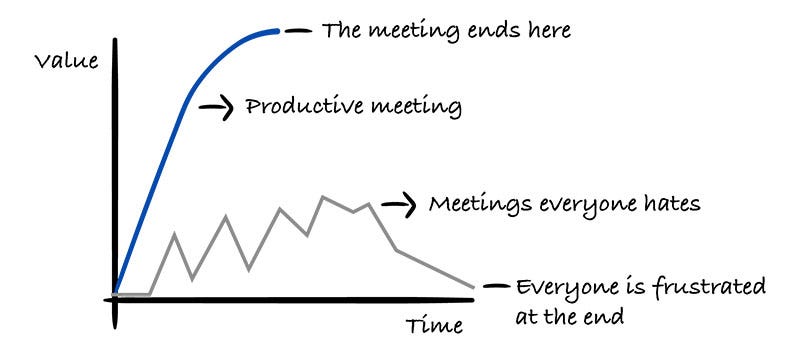/cdn.vox-cdn.com/uploads/chorus_asset/file/25787616/247333_EOY_Package_Check_In_CVirginia_SMART_LOCKS.jpg)
2025 will be the year of the smart lock
By Jennifer Pattison Tuohy , a smart home reporter who’s been testing connected gadgets since 2013. Previously a contributor to Wirecutter, Wired, Dwell, and US News.
The smart home in 2024 was a year for regrouping. After the initial excitement surrounding the new interoperability standard Matter — which is trying to make the smart home simpler and easier to use by allowing connected devices to work with any platform — momentum has stalled. As companies adjust to the reality that Matter is going to take time to, well, matter, 2024 became a year of consolidation, with more focus on software (especially around generative AI) than hardware. However, one category bucked this trend: smart door locks.
The past 12 months have been a stellar period for smart front door hardware, and 2025 looks set to be even better. Smart locks have seen more innovation in 2024 than almost any other category in the smart home. Lockly launched the first facial recognition lock, Philips introduced the first palm print lock, and ADT partnered with Google Nest and Yale to create a system that unlocks your door and disarms your security system using facial recognition.
In a year marked by few innovations in smart home hardware, there was a surge of new smart locks from all the major players. Kwikset launched its first Matter smart lock, Yale entered the retrofit lock market, Level followed through on its promise to upgrade its locks to support Matter, and TP-Link added a door lock with a built-in camera.



/cloudfront-us-east-2.images.arcpublishing.com/reuters/IUIUQZBMY5LZTBRO6IIF2Z4DH4.jpg)















